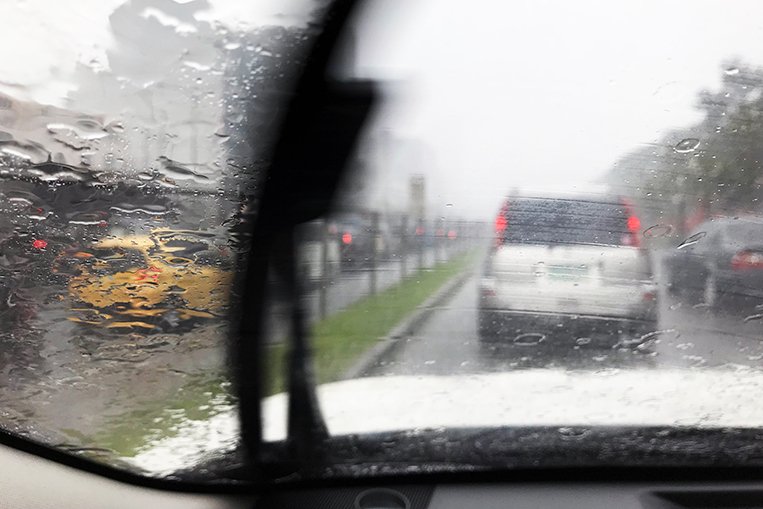
First, let’s get this out of the way: It’s not true that it always rains after every car wash. It just feels that way because the experience is highly irritating, and we usually never forget vexations. In psychology, this is what they refer to as “mood memory.” People tend to remember events that have a distinct effect on the emotions—whether positive or negative, pleasant or unpleasant. So while we don’t remember the many times we had a routine car wash, we do recall the times we had a car wash and then it rained. Why? Because we were disappointed. And we felt cheated for having paid P100 for nothing.
The truth is that it just rains, whether or not we wash our car. So the trick is to be able to tell when it’s going to rain. But how? We all know how weather forecasts can be so unreliable. And also, if we just depend on a daily forecast that says “slight chance of rain,” for instance, how do we determine which part of the day the rain is falling? And is this even possible? Can anyone declare for sure that it’s going to drizzle in the next hour or so?
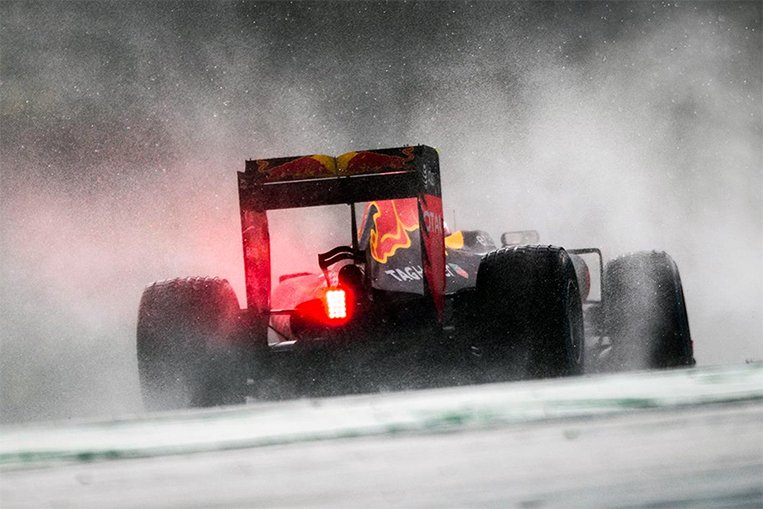
If you watch Formula 1 races, you know that teams are able to predict the exact time it’s going to rain—and even on what particular section of the racetrack. This is how they’re able to strategize with tire choice. The team that calls in its drivers for wet-weather tires at the most ideal moment usually gains a race-winning advantage. But how is this even doable? Formula1.com explains:
The answer lies in localization. Formula 1 has its own traveling weather service and, rather than look at the big picture, focuses on a very narrow patch of sky, tracking storms—even individual clouds—on approach to the circuit. In operation, it isn’t very different to the sort of micro-forecasting that might be used by an airport or perhaps a ski resort, though it does have the added complication of moving to a new location every couple of weeks.
So it’s achievable: Weather forecasting can indeed provide information on the probability of precipitation (PoP) or the chances of rain in a specific area at a specific time. Obviously, getting an outlook as accurate as F1 data can be pretty expensive. Thankfully, just as technology trickles down from race cars to road cars, decent weather forecasting is also now made widely available to everyone via apps, which you can install on your smartphone or tablet.
Here are three good weather apps you can try.
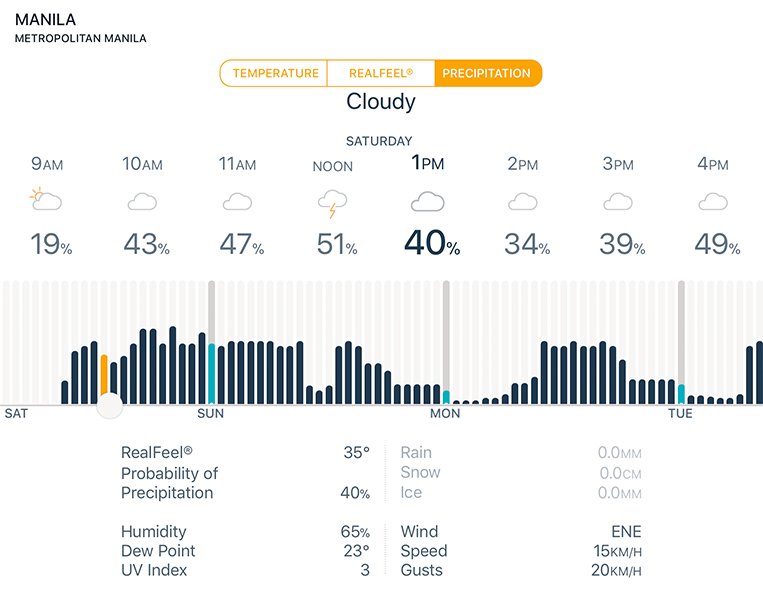
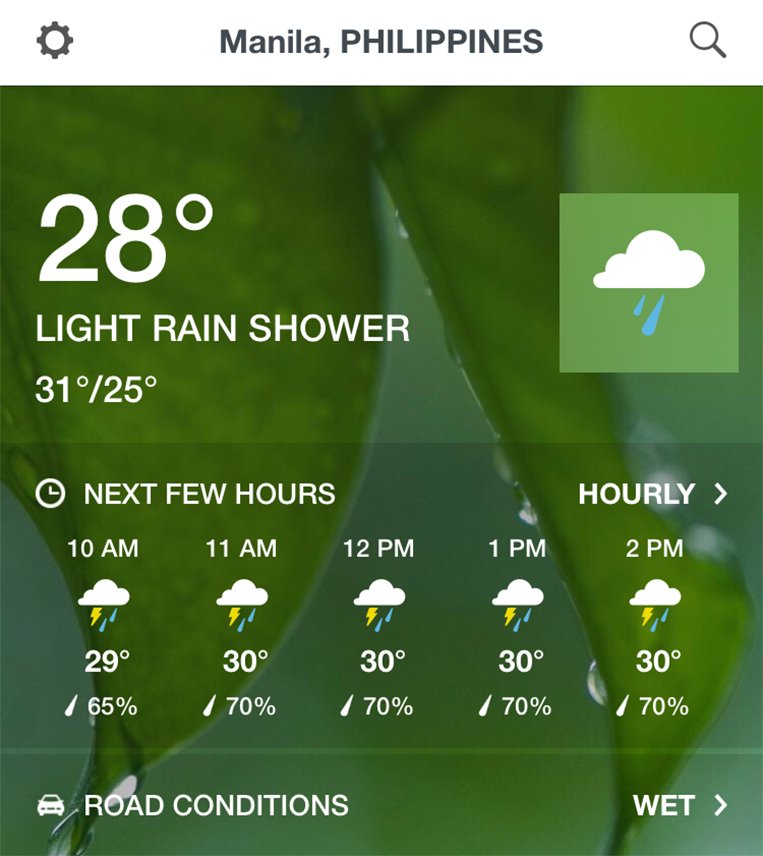
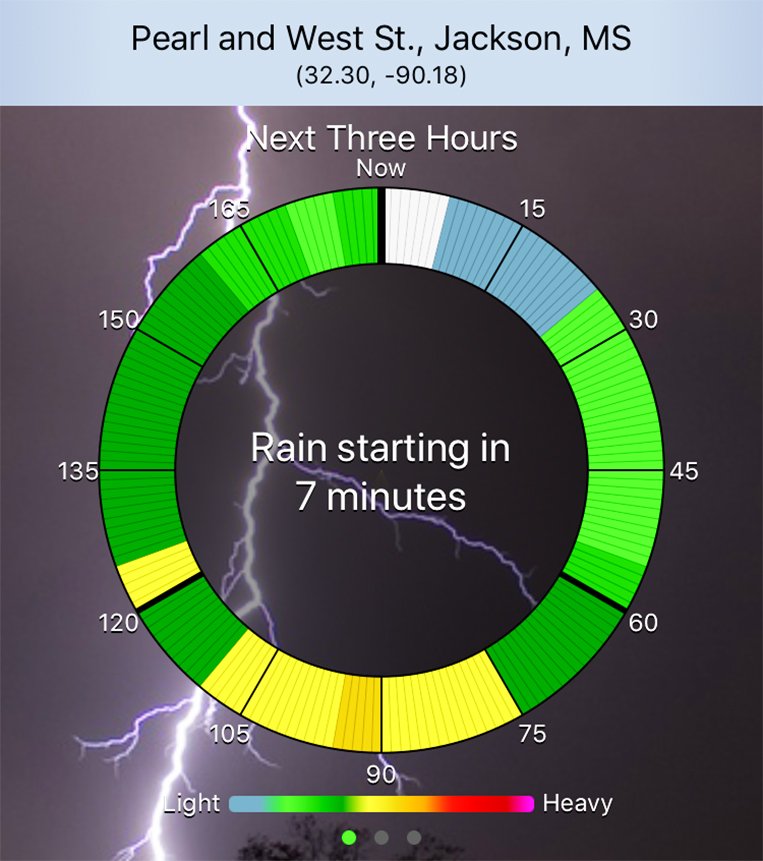
These apps often vary in their PoP figures, but it’s safe to assume that when all of them say there’s a good chance it will rain in your area, it most likely will.
Note that PoP isn’t a straightforward indication of the chances of rain. Apparently, it’s a complicated calculation that involves the weather forecaster’s confidence in the occurrence of precipitation, as well as the area in which said precipitation might take place. So a 70% probability of precipitation doesn’t necessarily mean there’s exactly a 70% chance of rain. If you want to fully comprehend the PoP number’s significance, check out the US National Weather Service’s clarification here.
But for the purposes of setting your car-wash schedule, just trust that it’s better to avoid cleaning your car during those days or hours that a weather app predicts will be rainy. Save your money (or effort, if you wash your car yourself) for another, sunny time.

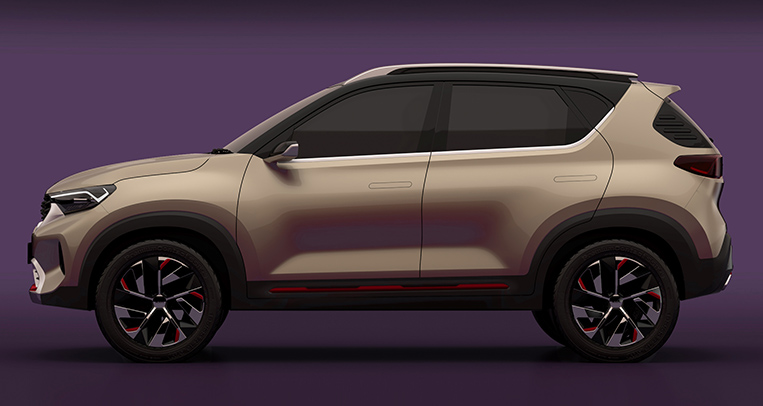


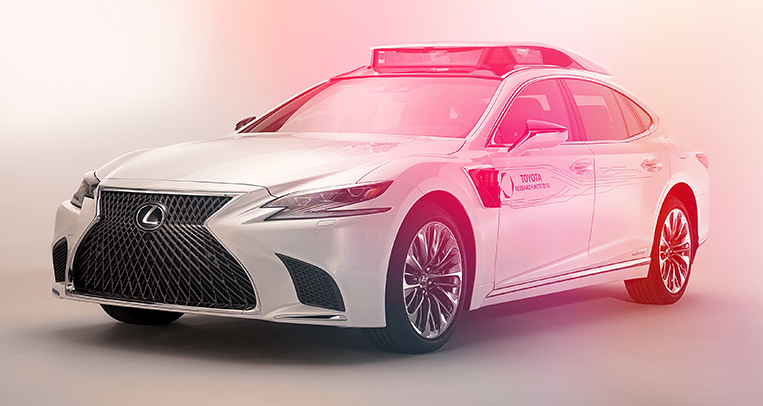
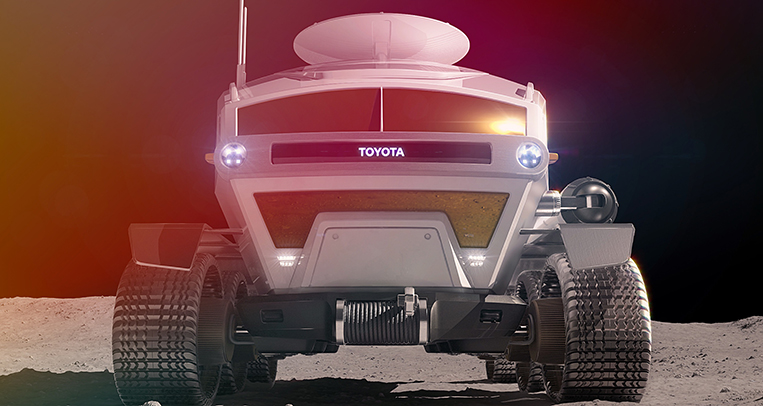
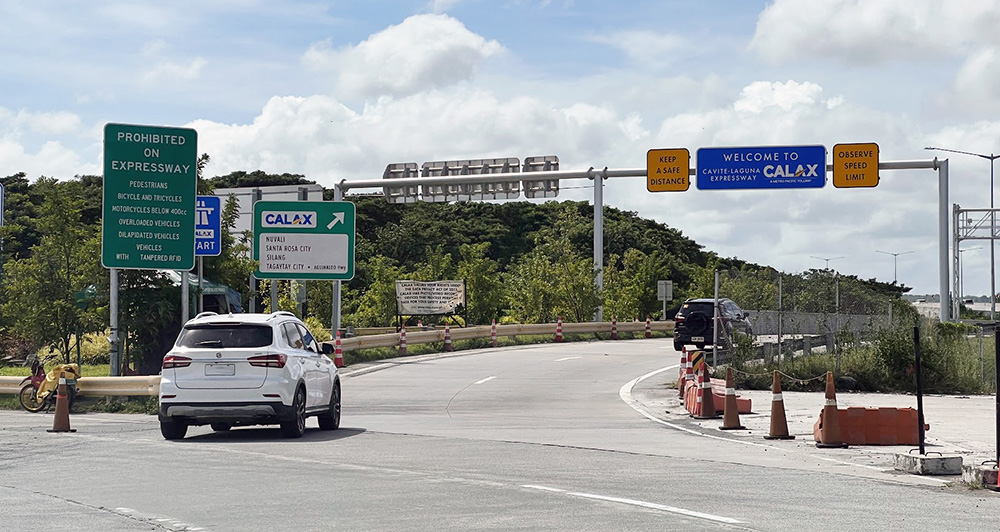


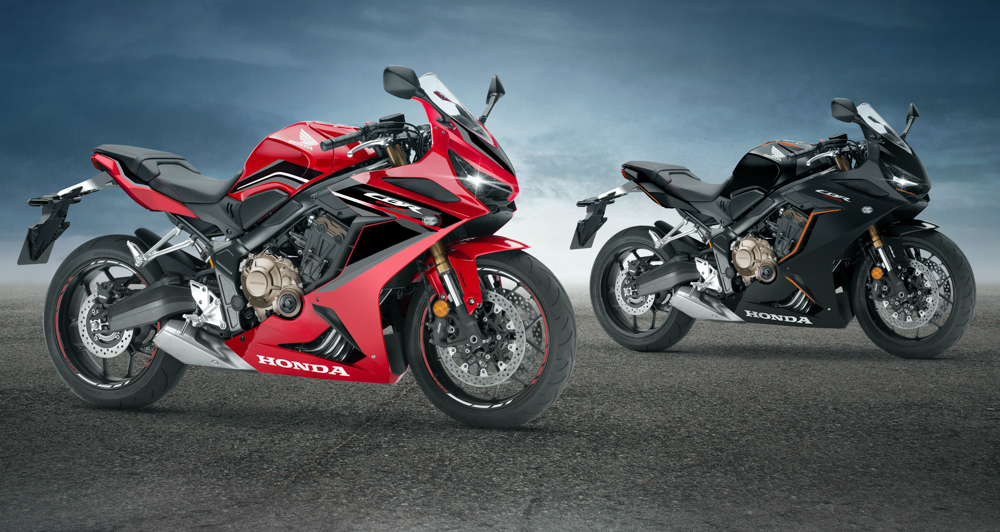
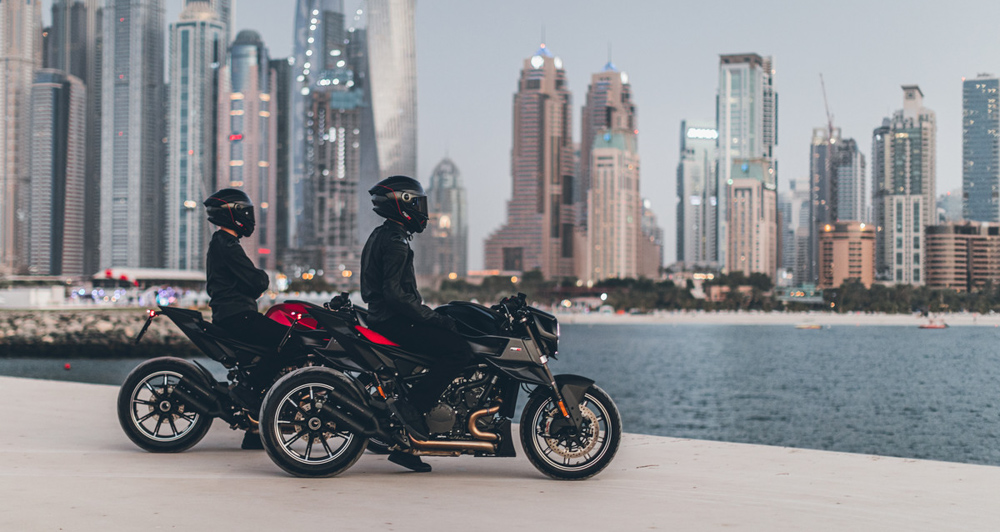
Comments